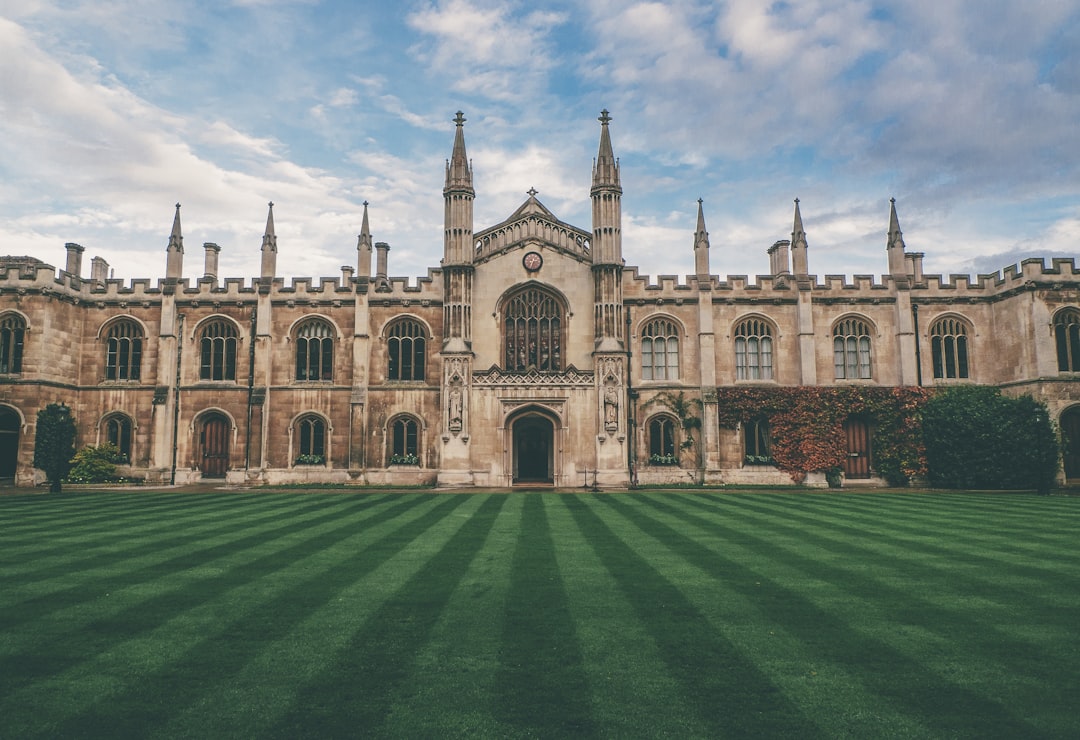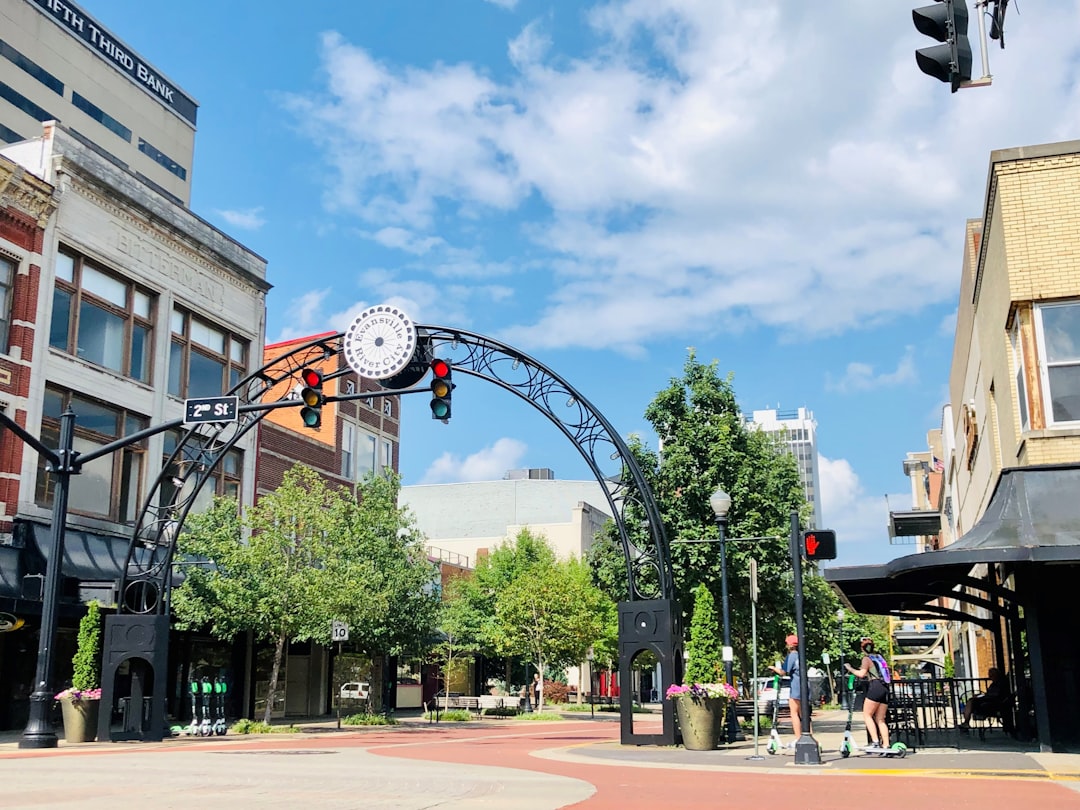Title IX, a federal law preventing sex discrimination in education, has significantly enhanced safety in U.S. schools, including Indiana. A Title IX lawyer in Indiana specializes in protecting victims of sexual misconduct and gender-based discrimination, offering legal guidance, advocating for justice, and ensuring proper disciplinary action and remedies. During the initial consultation, lawyers discuss goals, outcomes, and fees transparently. They gather evidence, interview witnesses, draft documents, and navigate university policies, providing informed support throughout. Survivors of Title IX discrimination or assault in Indiana should hire expert Title IX lawyers who leverage medical records, witness statements, and institutional policies to craft compelling cases while safeguarding rights and offering counseling resources.
“Title IX, a landmark law ensuring equality in education, has a significant impact on Indiana students facing discrimination or assault. This article guides you through navigating these complex issues with an emphasis on Indiana’s legal framework. We explore the role of a Title IX lawyer in protecting your rights and offer insights into building a compelling case. Whether you’re a survivor seeking justice or interested in understanding your protections, this resource provides essential information for those facing discrimination or assault in Indiana educational institutions.”
Understanding Title IX and Its Protections in Indiana

Title IX is a federal law that prohibits sex discrimination in education, including any form of sexual harassment or assault. It ensures equal opportunities for all students, regardless of gender, in schools, colleges, and universities across the United States. In Indiana, as in many states, this legislation has been instrumental in addressing and preventing discrimination and creating safer learning environments.
A Title IX lawyer in Indiana plays a crucial role in protecting the rights of individuals who have faced sexual misconduct or discrimination based on their gender. These attorneys help victims navigate complex legal processes, ensuring they receive the justice and support they deserve. By understanding the nuances of Title IX and its implementing regulations, these specialists can guide clients through disciplinary proceedings, legal remedies, and systemic changes to foster a more inclusive and secure educational setting.
What to Expect When Hiring a Title IX Lawyer in Indiana

When hiring a Title IX Lawyer Indiana, it’s crucial to understand what to expect from the legal process and the expertise your attorney should bring. Initially, you’ll meet with the lawyer for an initial consultation where they’ll review your case details, discuss potential outcomes, and explain their fee structure transparently. This is also your chance to ask questions about their experience handling Title IX cases, past successes, and the specific steps they’ll take to advocate for your rights.
During the legal process, your Title IX Lawyer Indiana will gather evidence, interview witnesses, and draft legal documents like complaints or responses. They’ll navigate the complexities of university policies and legal frameworks related to discrimination and assault cases. Effective communication is key; your lawyer should keep you informed at every step, ensuring you understand the progress and decisions made on your behalf.
Building a Strong Case: Strategies and Resources for Survivors

When building a case for Title IX discrimination or assault in Indiana, survivors should seek out an experienced Title IX lawyer Indiana. These legal professionals are equipped with the knowledge and resources to navigate complex laws and institutional policies. They can help gather evidence, interview witnesses, and construct a compelling narrative that outlines the violation.
Resources such as medical records, campus security reports, and witness statements are crucial in strengthening a case. A Title IX lawyer Indiana will guide survivors through these steps, ensuring their rights are protected and their voices heard. They can also connect clients with support services, counseling, and advocacy groups dedicated to assisting victims of discrimination and assault.





